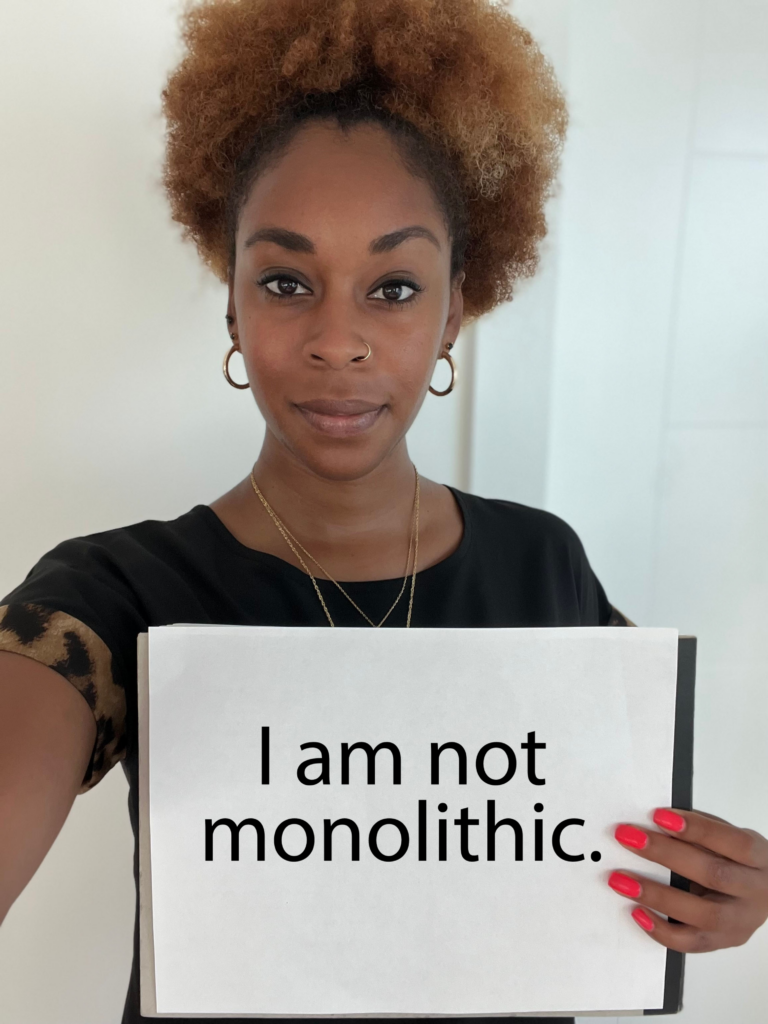

Lynita Taylor is a program manager in a San Francisco-based tech company. Taylor’s efforts focus on creating a work culture that upholds the principles of equity, inclusion, and belonging for all, while also working to increase the presence of underrepresented identities in tech (i.e. BIPOC, women, and LGBTQIA+). Taylor has professional experience in education and corporate spaces, including program & curriculum development, recruitment & retention strategy, and DEI strategy. She has previously held positions as a DEI program manager and part-time faculty member at Wayne State University’s Mike Ilitch School of Business, has served as an admissions counselor at the University of Detroit Mercy, and a staffing consultant at Plante Moran, where she oversaw and expanded the company’s diversity and inclusion programs dedicated to the development of diverse business career candidates and minority professionals. Taylor considers herself a Detroiter, having now spent the majority of her life in the local community. She is the Vice Chair of the DEI Taskforce for the Michigan Association of CPAs and a 2019 Michigan Chronicle 40 Under 40 honoree. She has shared the stage as a public speaker for national events, including GTB’s 2019 Ads Needs Soul and the 2021 National Learning Communities Conference. Taylor is also a tutor for the Circle of Brotherhood Mentoring Program at Second Ebenezer Church on the east side of Detroit, focusing on K-12 curriculum and higher education preparation. Taylor holds a bachelor’s degree in business administration/marketing and an MBA from the University of Detroit Mercy. She has earned a certification in Diversity, Equity, and Inclusion in the Workplace from the University of South Florida and is currently a doctoral candidate in Wayne State’s College of Education, with her research focusing on critical race theory, underrepresented minority students, and higher education pedagogy.
I identify as a cisgender Black woman. Throughout my life, many people have seen my physical identity and assumed they knew who I was as a person. These assumptions have included my level of education, what I do for work, where I live, or even the activities I like to do in my spare time. My skin color and my gender do not define who I am as a person. Black women, like all people, are not monolithic.

